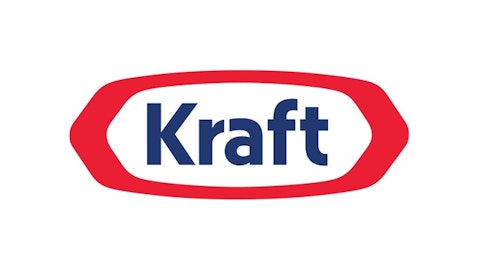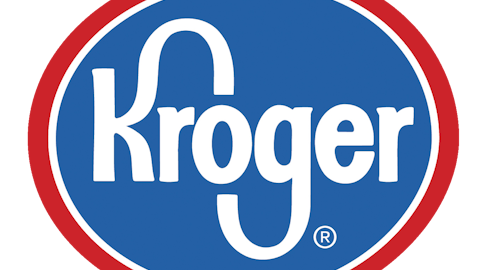Senator Roy Blunt (R-Mo.), one of section 735’s biggest supporters, worked with Monsanto to craft the language in the bill. Section 735 is attached to a continuing resolution that only holds for the next six months, so it is not yet a part of permanent federal law. Monsanto euphemistically calls section 735 the “Farmer Assurance Provision.” As with the Supreme Court case, this legislation could have broad implications for agricultural biotechnology companies, especially if it becomes part of permanent federal law.
Effectively, Monsanto may have all three branches of government in its hot little hands. You might be inclined to admire this, especially if you’re just focused on stock price. Indeed, if you’d bought shares on this day 10 years ago, you’d have enjoyed a nifty 31% annualized return. Not too shabby.
Battlestations
Many activists are concerned about the extent to which a small number of corporations control the majority of the world’s food production capacity. The Center for Food Safety points out (link opens a PDF) that three companies — Monsanto, DuPont Fabros Technology, Inc. (NYSE:DFT), and Syngenta AG (ADR) (NYSE:SYT) — control 53% of global commercial seed production. They do this on the strength of GE technology.
Activist shareholders are pushing back. According to the Sustainable Investments Institute, shareholders have filed GE-related resolutions with Monsanto, DuPont Fabros Technology, Inc. (NYSE:DFT), and Kraft Foods Group Inc (NASDAQ:KRFT). These resolutions aren’t yet enough to alter fundamental business strategies. The resolution filed with Monsanto this year only garnered 7.6% of the vote, up from 5.7% in 2012. DuPont’s annual meeting is forthcoming, but the 2011 resolution won just 6.3% of votes. Kraft Foods Group Inc (NASDAQ:KRFT) has a GE-related proposal on its proxy statement for the first time, scheduled for vote at its annual meeting on May 22. But the number of these resolutions is on the rise, and it’s becoming harder for companies to ignore them.
Safe? Probably. But smart?
The debate over GE technology makes a Tyson-Holyfield fight look like afternoon tea. I don’t have the stomach for the back and forth, so here’s my quick summary of how the playing field looks so far: GE technology does not appear to be harmful to human health, and while it’s doing some funky things out in the environment, none of those are dire. While it’s still in the super-early days, the doomsday prognosticators got it wrong.
But that’s not really what I’m worried about.
The Nature Biotechnology journal published an interesting study this February. It found that several varieties of GE seeds actually reduce yields when compared to conventional counterparts. Researchers analyzed 20 years of data from test plots to reach their findings. If this holds true more broadly, it undermines the biggest case for GE technology.
The New York Times’ Mark Bittman asked a fascinating question in a recent Op Ed: Why does genetic engineering need protection? Maybe because it’s not that awesome. Bittman points out that in 20 years of applied genetic engineering to crop science, there’ve only been two real successes: crops resistant to Roundup and crops that produce their own insecticide. The first has already failed and the second appears to be headed down the same path. Other than that, it’s pretty mediocre.
Might we be facing a case of tremendous risk with little real return on a massive scale? If the world wakes up one day and realizes that Monsanto’s emperor has no clothes, what will its shares be worth then?
The article Is Monsanto Worthless? originally appeared on Fool.com.
Sara Murphy has no position in any stocks mentioned. Follow her on Twitter @SMurphSmiles. The Motley Fool recommends and owns shares of Whole Foods Market (NASDAQ:WFM).
Copyright © 1995 – 2013 The Motley Fool, LLC. All rights reserved. The Motley Fool has a disclosure policy.

